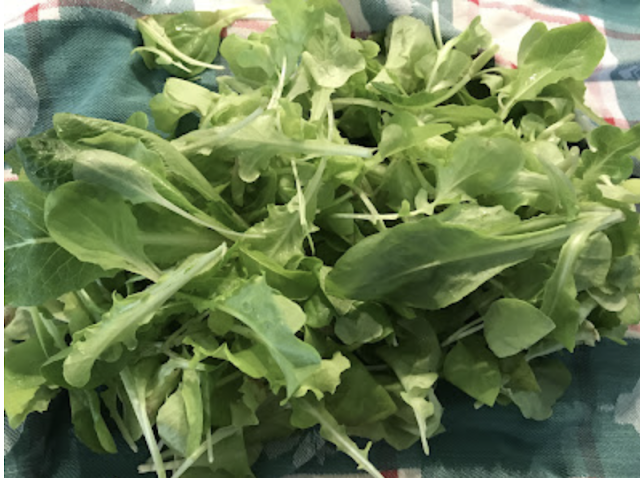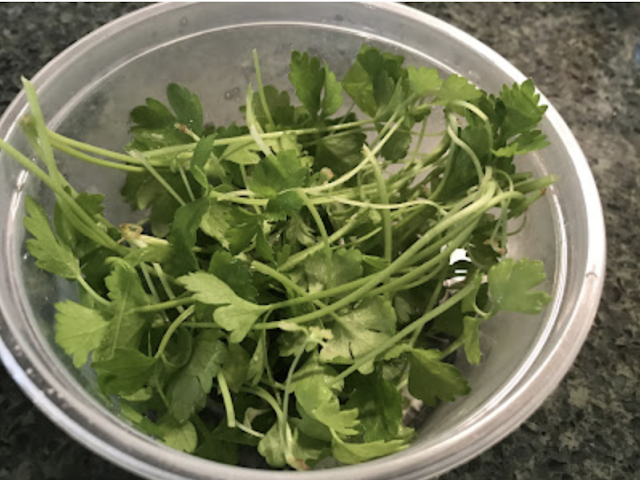Thursday, May 4, 2023
Bonuses From the Garden
Wednesday, May 3, 2023
Plant-Based Mosquito Repellants You May Already Have in Your Garden or Home
This time of year it seems that info about natural mosquito repellants proliferate on the internet. Some natural methods don't really have any science behind them, but rely on folk information passed down from one generation to the next. Sometimes folk remedies really do work. But other times, we may have better options.
So, when it comes to natural methods to send the pesky blood suckers elsewhere, how can we know what could work? I came across a website, mosquitoreviews.com, that gives honest reviews of different flowers, herbs, and spices that are thought to help repel mosquitos. What I liked about this site is that it specifically mentions whether or not a plant-based option has undergone any testing, how long repelling coverage lasts, and whether to use as live plants or essential oils.
On the list of "yes it works"
- lavender, as both a plant (anecdotally) and essential oil. More effective as an oil when paired with cinnamon oil, tea tree oil, or citronella oil.
- marigold, in living plant form
- catnip, especially in living plant form and alongside other known mosquito repelllant plants
- basil, both as an essential oil and as a leafy plant
- lemon eucalyptus as an oil is so well-regarded as an insect repellant that it is a main ingredient in alternative bug spray formulations
- common eucalyptus, as an oil can mask a person's natural mosquito attracting scent
- clove, as an oil can protected users for up to 225 minutes in laboratory studies
- lemongrass, as an oil effective against 95% of mosquito species for up to 2.5 hours
- peppermint, as essential oil applied topically, effective for up to 45 minutes before reapplication necessary
- thyme, as an oil repels mosquitos for up to 80 minutes
- sage is a known folk remedy for mosquitos, although there's limited research. However sage as crushed leaves or as a live plant is a known natural insect repellant.



